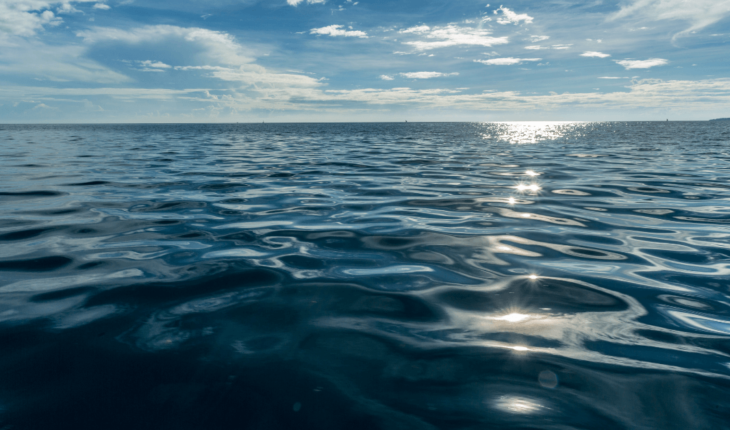As India grapples with severe heatwaves, the forecast of a generous monsoon by the India Meteorological Department offers a glimmer of psychological relief. Yet, this is a temporary respite in a broader context of escalating climate challenges. A comprehensive study by the Indian Institute of Tropical Meteorology, Pune, and international collaborators predicts profound changes in the Indian Ocean due to expected global carbon emission trends. Over the next century, the ocean is projected to warm significantly, increasing from a past rise of 1.2°C to an alarming 1.7°C-3.8°C by 2100.
This isn’t just a surface phenomenon; the entire depth of the ocean up to 2,000 meters is heating up at an unprecedented rate, with predictions showing an increase in heat content by 16-22 zetta-joules per decade. The immediate implications are dire. The concept of ‘marine heatwaves’—prolonged periods of extreme sea temperatures—poses a new normal. Such conditions are expected to increase from an average of 20 days per year to potentially 250 days annually, thrusting the tropical Indian Ocean into a nearly permanent state of ecological emergency. This includes rapid coral bleaching and significant impacts on the fisheries sector, vital for the livelihoods of millions in the region. The repercussions for mainland India are equally severe.
The warming ocean is likely to contribute to more frequent and severe cyclonic activities, while the monsoon pattern could become more erratic. India could face prolonged droughts interrupted by episodes of intense rainfall and flooding, a pattern that stresses water management and agricultural planning. India, along with other nations bordering the Indian Ocean, needs to invest more in data collection and analysis, much like the efforts seen in the Pacific. This data is crucial not just for predicting future climatic conditions but also for preparing adequate infrastructure and community protection strategies in the face of these unfolding climate challenges.




